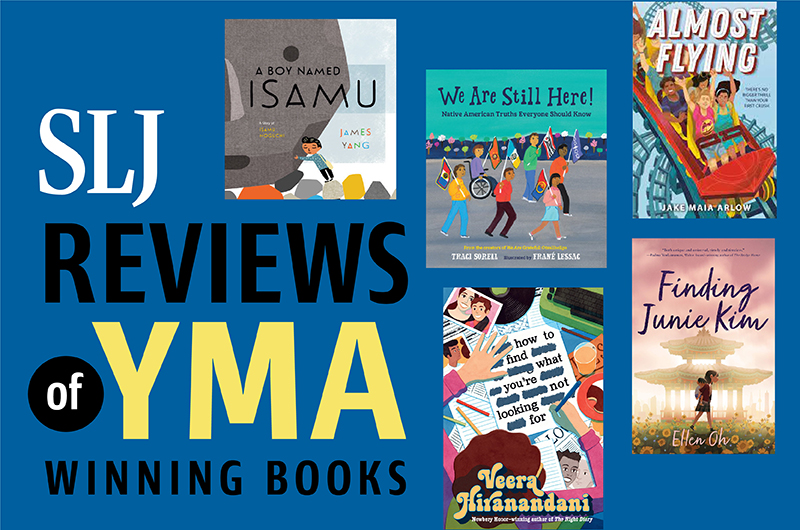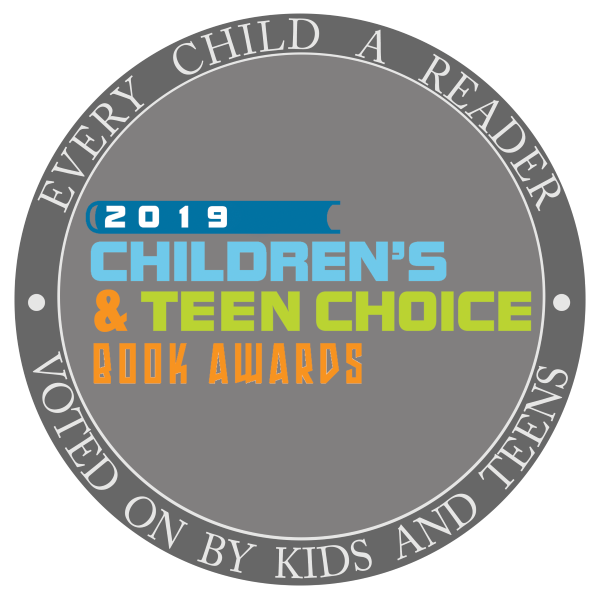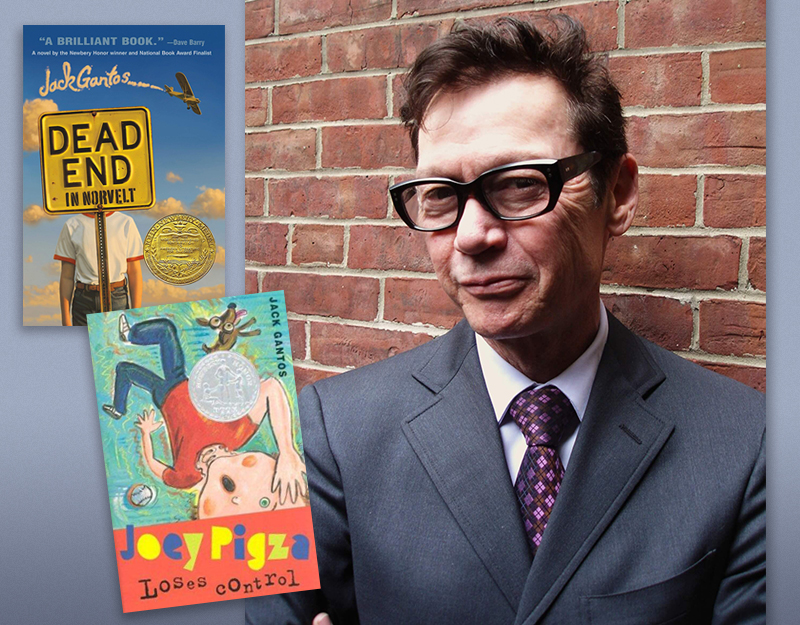More on the Newbery nomination process
I want to make sure to address a couple of comments from my post on Autumn Leaves and Shortlists, by referring to guidelines in the Newbery Committee Manual. Usually, the entire manual is available online, but at the moment ALSC is working through a website revamp. I’ll be sure to post the link as soon as it’s available. Meanwhile, I’ll just cut and paste from the latest (Sept 2007) edition. Remember as you read below that "eligible books" are any books that meet the Terms…they don’t have to be formally submitted or suggested.
Here is the introduction to the section on "Committee Work" which give you an overview of the whole shebang:
"Although the decisions are made at the Midwinter Selection Meeting, much work is done prior to the meeting. Each member reads as many of the eligible books as possible. In addition, each member is responsible for reading the books nominated and suggested by other committee members and by the ALSC membership. Committee members will often reread those books that appear to be top contenders. Throughout the year, committee member exchange lists of books as suggestions to other committee members and receive suggestions from the ALSC membership.
"In the latter half of the year, each committee member nominates a total of six books for the award and gives supporting reasons for each nomination. Through distribution of this information to all committee members, a written exchange of ideas takes place before the committee meets to make its decisions.
"The Newbery and Caldecott awards committees are among the ALA committees that hold closed meetings in line with ALA policy on open and closed meetings. The procedures of each committee are public information, but committee members must maintain confidentiality about the books that are nominated by committee members, the number of ballots, the tallies on ballots, and any discussion of the books among committee members.
"Several blocks of time are scheduled for the committee to meet during the Midwinter Meeting at which the selections are made. The committee will meet for as long as necessary, and meetings may be extended beyond the scheduled times if additional time for discussion and balloting is needed. The first item of business is to make procedural decisions, such as the order in which books will be discussed and when to move to a vote.
"The committee then proceeds to discussion. The Chair repeats the terms of the award. The merits of each nominated book are discussed. Committee members are reminded that they are comparing books of the year with each other and are not to consider earlier works of any author. Some books may be eliminated from the list during the discussion. No books may be added that were not submitted for consideration by the committee members or by an ALSC member prior to the Midwinter Meeting. Although the award is not a popularity award, there is sure to be discussion of whether certain books are indeed children’s books. There is often reference to the terms, definitions, and criteria for the award as the committee discussion proceeds.
"When the books under consideration for the award have been fully discussed, the committee moves to its first ballot. Each member votes for three books, and the ballots are counted according to a point system: first choice books receive four points; second choice books, three points; third choice books, two points. To win, a book has to receive at least 8 first-place votes and have an 8 point lead over the book with the second highest number of points. If there is no winner on the first ballot, discussion is reopened and continued until there is consensus to proceed to another ballot. This procedure of further discussion and balloting continues until a medal winner is selected.
"The committee then addresses the question of whether to name honor books. The committee may name as many or as few as it chooses, or none, keeping in mind that the books should be truly distinguished, not merely general contenders. Honor books may only be chosen from among those that appeared on the final medal-winning ballot. When honor books are announced to the public, they are announced in alphabetical order, by author, so as to accord equal honor to all books."
And a little later, some more details on nominations:
Nominating Process
"Twice before the Midwinter Selection Meeting the Chair will request nominations from committee members. Each time committee members will be asked to nominate three books (for a total of six distinct nominations) and to provide justification for each book. The chair will distribute the results and the justifications.
"Committee members must nominate three different books on the second preliminary nominating ballot, but they may nominate titles that were nominated by other committee members on the first ballot. This practice allows the committee to measure support for titles.
"These nominations serve several functions.
· They serve as a focus for all suggestions made during the year.
· The written discussions serve as preparation for oral discussion at Midwinter and provide practice in stating clearly and succinctly your ideas about books that seem distinguished.
· Finally, they make each committee member aware of which books require their closest scrutiny and which you will need to re-read.
"To avoid making commitments prior to the Midwinter discussions, ranked preferences are not given on the nominating ballots. Although books nominated on these two ballots will probably be the ones the committee will discuss most fully, all the books suggested by committee members and others will be discussed at Midwinter."
ADVERTISEMENT
ADVERTISEMENT
On Autumn Leaves and Shortlists, "donna" asked:
"I’m interested in the strategies behind the nomination process. Do members sometimes avoid nominating a book that they think others will nominate so that they can get something less likely on the list? Does it matter how many people nominate a title? And what if a member discovers a book she thinks is deserving after the December nominations…does she still have a chance to get that into the final discussion?"
The questions are easiest to answer in reverse order. The chair usually arranges for a "last call" for titles to be placed "on the table." It can happen that something comes to the committee’s attention after mid-December, and as long as a committee member "suggests" it to the chair, it can be considered. It happens, but it is rare. Most publishers are pro-active about submitting titles to the committee members. But because most publishers don’t submit all of their eligible titles (and often submit in-eligible ones), committee members are even more proactive, all year long, about making sure they’ve seen everything out there. They are encouraged to browse reviews, blogs, publishers announcements, bookstores, etc., looking for anything that seems like an eligible contender. All committee members have signed an acceptance form at the beginning of their term stating in part that they "Have ready access to the major part of the current output of children’s books under consideration," and it’s expected that they do some legwork in identifying the best of the year. So by the time everyone gets to the December nominations, they’ve pretty much ready everything. Between those last nominations and the January deliberations, they’re re-reading all the nominated titles and taking copious, detailed notes.
Many titles get multiple nominations. It "matters" in that it allows committee members to see if there are some titles that already have general support…versus, say, a title with only one nomination. But all these titles get discussed, and I have seen titles with one nomination rise in estimation during discussion, at the same time that a title with multiple nominations may fall.
So, "Do members sometimes avoid nominating a book that they think others will nominate so that they can get something less likely on the list?" Well, it’s hard to say. It’s certainly possible. But by the time committee members get to the nomination process, they have to feel very strongly that the titles they nominate stand as real contenders…and they have to be able to write a convincing accompanying justification statement. Say they reserve a nomination for what they think will be a wide pick, in favor of an underdog, but then no one else does nominate the "wide pick?" If it’s the first round of nominations, there’s another chance to nominate it, but possibly at the expense of others they may want to nominate. On the other hand, the integrity of the process and discussion does depend on having a wide variety of opinions on the table. If someone feels strongly about a book they think is "less likely," … feels so strongly they could picture themselves casting a vote for it… I think it’s wise to go ahead and nominate it.
To predict a future question…there’s not always a fixed number of nominated titles, because of the unpredictability of overlap. Usually, in my experience and hearing from others, it’s in the "handful of dozens" (still a wide range), and that seems to be just a statistical likelihood. The challenge for Sharon and me for our Mock Newbery is to try to replicate the breadth of types of books for discussion in a list of only 8-10 titles! Which is why it’s taking us a while to finesse it…
Filed under: Uncategorized
About Nina Lindsay
Nina Lindsay is the Children's Services Coordinator at the Oakland Public Library, CA. She chaired the 2008 Newbery Committee, and served on the 2004 and 1998 committees. You can reach her at ninalindsay@gmail.com
ADVERTISEMENT
ADVERTISEMENT
SLJ Blog Network
Happy Poem in Your Pocket Day!
This Q&A is Going Exactly As Planned: A Talk with Tao Nyeu About Her Latest Book
More Geronimo Stilton Graphic Novels Coming from Papercutz | News
Parsing Religion in Public Schools
Environmental Mystery for Middle Grade Readers, a guest post by Rae Chalmers
ADVERTISEMENT







